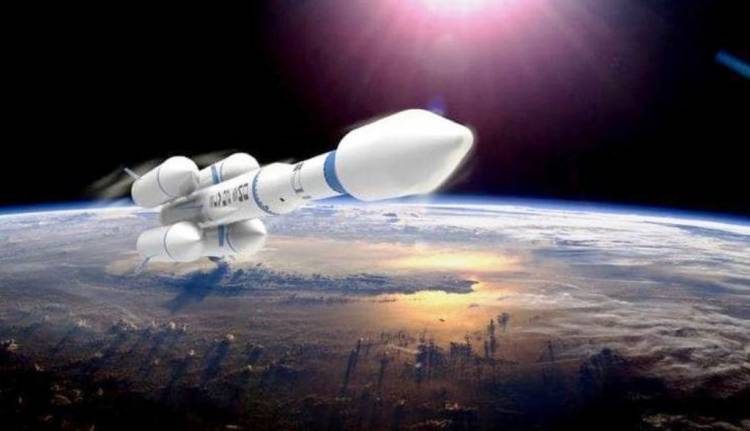Second Chinese Rocket Startup Fails to Put Satellite Into Orbit: State Media
A rocket created by OneSpace neglected to achieve circle in the wake of lifting off from a state dispatch office in northwestern China, state media covered Thursday, the second fizzled orbital dispatch by a secretly supported Chinese firm in five months.
An abnormality happened inside "many seconds" after OneSpace's OS-M1 rocket launched from the Jiuquan Satellite Launch Center on Wednesday, the official Technology Daily detailed, announcing that the dispatch had fizzled.
OneSpace's rocket was conveying the Lingque-1B Earth-watching satellite created by Beijing-based ZeroG Lab. The satellite creator, incompletely subsidized by Shenzhen-recorded Huaxun Fangzhou Co, has plans to construct a system of remote detecting satellites.
Film obviously from the dispatch site that was generally shared on Chinese online networking demonstrated the rocket included lost control inside a moment of departure. Reuters couldn't autonomously confirm the video.
An advertising official at Beijing-based OneSpace did not verify or refute that the dispatch had fizzled. The authority said he was watching for any updates from the dispatch site in Gansu area and that an organization proclamation could be normal later.
Several private Chinese space organizations have joined a race as of late to create rockets fit for conveying minimal effort small scale satellites with business applications, sponsored by for the most part Chinese funding.
In May 2018, OneSpace turned into the principal private firm to send an autonomously formed rocket into space. That was trailed by fruitful suborbital dispatches by another organization, iSpace, after four months.
The subsequent stage was to send a payload into space.
Beijing-based Landspace endeavored to convey a satellite into space in October however fizzled.
The push by private Chinese firms to send a payload into space is incompletely roused by the ongoing mechanical accomplishment of US firms, for example, SpaceX and Blue Origin, following a progression of designing misfortunes.
It is additionally empowered by the Chinese government.
The State Council, or bureau, said in a white paper in December 2016 the space business was an essential piece of China's general advancement system.
Beijing urged private speculators to take part in its push in an offer to popularize a few parts of the space business, setting up assets and opening up government dispatch destinations for their utilization.
One of China's close term assignments is to create significant satellite frameworks of remote detecting, correspondences and broadcasting, and route and situating.
President Xi Jinping has made turning into a space flight superpower a need for the legislature since coming to office in 2012. The administration plans to send a lasting kept an eye on space station into space by around 2022.

 admin
admin 



















Comments (0)
Facebook Comments (0)